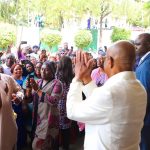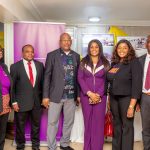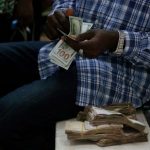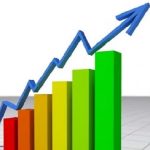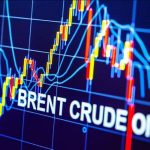General
Nigerians Not Poorer Under Buhari—FG
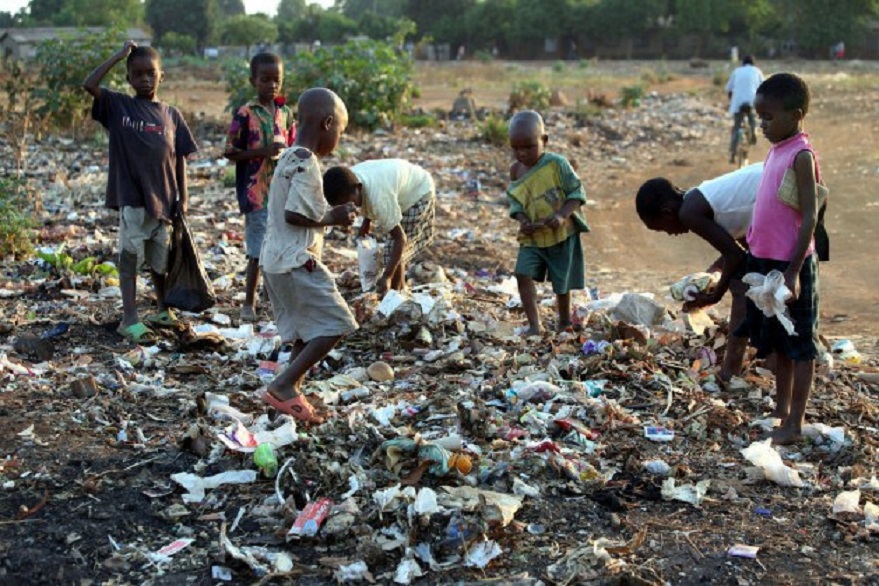
By Modupe Gbadeyanka
Federal Government has stressed that Nigerians have not become poorer under the present administration of President Muhammadu Buhari as claimed by a recent report.
Few days ago, the World Data Lab in Vienna, Austria released a report titled World Poverty Clock, indicating that Nigeria has taken over India as the capital of poverty in the world with over 80 million Nigerians living in poverty.
The federal government, through the Ministry of Budget and National Planning, which is headed by Mr Udoma Udo Udoma, faulted the World Data Lab report.
In a statement released yesterday, the ministry said it would not accept the report because it was not properly conducted.
“The attention of the Ministry of Budget and Planning has been drawn to a recent publication on the World Poverty Clock by World Data Lab in Vienna, Austria, indicating that Nigeria’s poverty rating was getting worse.
The Ministry has reviewed this report and would like to assure Nigerians that the report is not based on any recent surveys of the poverty levels in Nigeria and cannot be relied upon as a factual indication of recent trends in Nigeria.
“The authors of the report claim that the Poverty Clock is an online analytical/visualization tool that shows the number of people living in extreme poverty worldwide and count(s) ‘excess’ poverty – the gap between the actual number who have escaped poverty since end-December 2015 and the hypothetical number of who should have escaped in order for the world to be on-track to reach the global target of ending poverty by 2030.
“It should be noted that in deriving its poverty estimates, the Poverty Clock does not, and in this case did not, directly rely on household survey data as national statistical offices in most countries do. Instead, as stated in their methodology, they rely on models to estimate poverty rates across countries using data provided by national governments to international agencies.
“The models make assumptions on expected future changes in income, IMF medium-term growth forecasts and long-term projections and analysis developed by the OECD, all of which are significantly influenced by uncertainty. It is, in essence, just a model based on a lot of assumptions which cannot substitute for field work involving actual data collected from households in a consistent and representative way.
“In the specific case of Nigeria, the Poverty Clock uses as baseline the General Household Survey which was not designed to measure poverty indicators accurately and follows a methodology that can be misleading if relied upon for poverty estimates.
“In line with extant laws, the National Bureau of Statistics (NBS) remains the statutory agency of government with responsibility for producing Nigeria’s official statistics, including poverty estimates. Like several other countries, Nigeria’s poverty estimates are obtained from the National Living Standard Survey (NLSS) undertaken every five years, and which was last conducted in 2010.
“While several other household surveys are routinely conducted by the NBS, none are as comprehensive as the NLSS, which is the appropriate household survey to determine poverty estimates. The next round of the NLSS is currently being undertaken by the NBS, in collaboration with the World Bank, and this will be concluded in 2019. There is currently no other comprehensive household study on current poverty trends in Nigeria.
“It is therefore pertinent to note that the World Poverty Clock is a model-based estimation of poverty, relying on projections and assumptions that cannot substitute for actual household survey approach which most countries adopt.
“This implies that it is not possible to conclude Nigerians poverty position until the NBS completes the NLSS, as no comprehensive field work has been done in Nigeria, and among Nigerian households, as is required according to standard international methodology.
“It is however important to point out that the Federal Government of Nigeria, in line with strategies outlined in the Economic Recovery and Growth Plan (ERGP), remains committed to promoting sustainable economic development through various social investment schemes that will yield positive impacts on poverty and unemployment; and will consequently change the trajectory of poverty in the country.
“Apart from the Social Investment Programme (SIP) which has engaged a lot of youths in entrepreneurial and skills training alongside the school feeding programme which has provided balanced meals for millions of school children, government believes that the fastest way to reduce the level of poverty and increase social inclusion is to create jobs.
“In the ERGP, this administration is committed to creating 15 million jobs in four years by 2020 by developing labour intensive sectors such as agriculture, manufacturing housing and construction.
“Government is also committed, and has been vigorously expanding public works in infrastructure, such as railways, roads and bridges, which is catalysing economic growth, as is evident from the turn-around in the GDP growth numbers.
“In order to support and encourage private sector investment, government has placed emphasis on Made-in-Nigeria products; and public procurement is focused on local content and labour-intensive production processes.
“Government is also enhancing the ease of doing business and tackling power challenges to attract private sector investment that will in turn create jobs and further reduce poverty levels across the country.
“The impact of these efforts, amongst others, will certainly translate to a reduction of the poverty levels in Nigeria. After emergence from recession in 2017 all major economic indices have turned positive in the last 12 months.
“We are therefore optimistic that any poverty survey carried out now will show that this administration is succeeding in turning around the negative trajectory that the economy had been on before we took over. And that this turnaround will succeed in lifting millions of Nigerians out of poverty,” the statement said.
General
NLC, TUC Suspend Planned Protest, Ask FCTA Workers to Resume
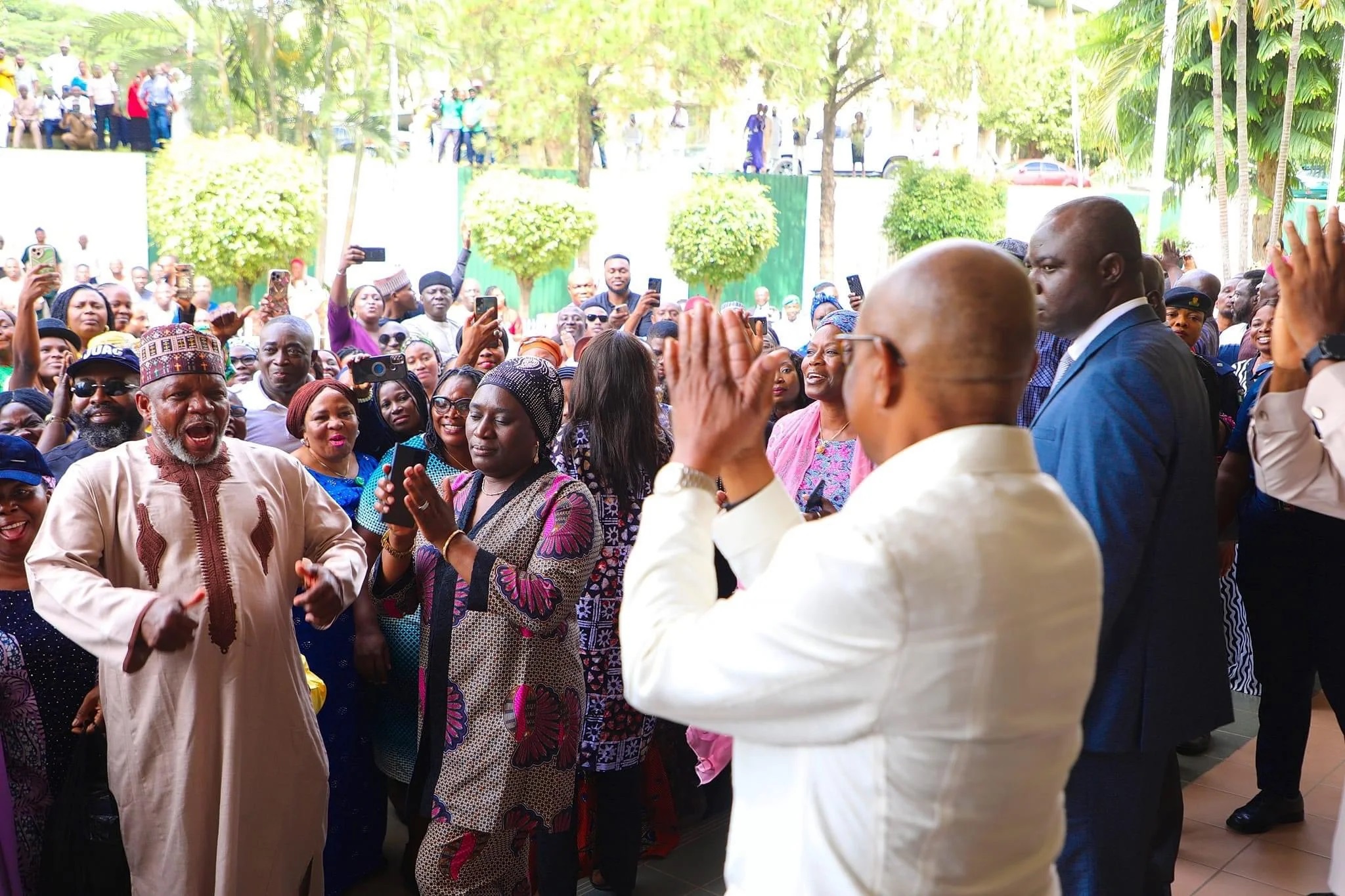
By Adedapo Adesanya
The Nigeria Labour Congress (NLC) and the Trade Union Congress (TUC) have suspended their planned protest in the Federal Capital Territory and instructed workers under the Federal Capital Territory Administration (FCTA) to return to their duties with immediate effect.
The directive followed an overnight engagement involving labour leaders, the Minister of the FCT, Mr Nyesom Wike, and members of the Senate Committee on the FCT.
The meeting, which began late on Monday, stretched into the early hours of Tuesday, culminating in an agreement that led to the unions’ decision to halt the protest action and restore normal activities across FCTA offices.
This comes after Justice Emmanuel Subilim of the National Industrial Court issued an interim order restraining the NLC, TUC, and three others from embarking on any form of industrial action or protest.
Ruling on an ex-parte application filed by the Minister of the FCT and the FCT Administration, Justice Subilim granted an interim order restraining the 1st to 5th respondents and their privies or agents from embarking on strike pending the hearing of the motion on notice, also ordering the 5th-9th defendants who are security agencies to ensure no break down of law and order.
The ex-parte motion, which was filed by the counsel to Mr Wike and the FCTA, Ogwu Onoja, submitted that the Chairman of the FCT council had sent a message of mobilization to members and affiliated unions for a mass protest scheduled for February 3.
This move, he noted, was in violation of the orders of court, adding that after the ruling of the court on January 27, the order of the court was served on the defendants, same day the NLC and TUC issued a statement to all affiliated unions to intensify and sustain the strike.
The statement jointly signed by both unions directed that the striking workers should resume the strike as the unions’ counsel, Mr Femi Falana, has filed an appeal against the interlocutory ruling.
He further pointed out that With the statement, JUAC issued a circular directing all employees to continue the strike.
This position they say is aimed at causing break down of law and order in the Nations capital.
The court subsequently adjourned the case until February 10 for hearing.
General
Church Confirms Release Of 151 Abducted Members in Kaduna
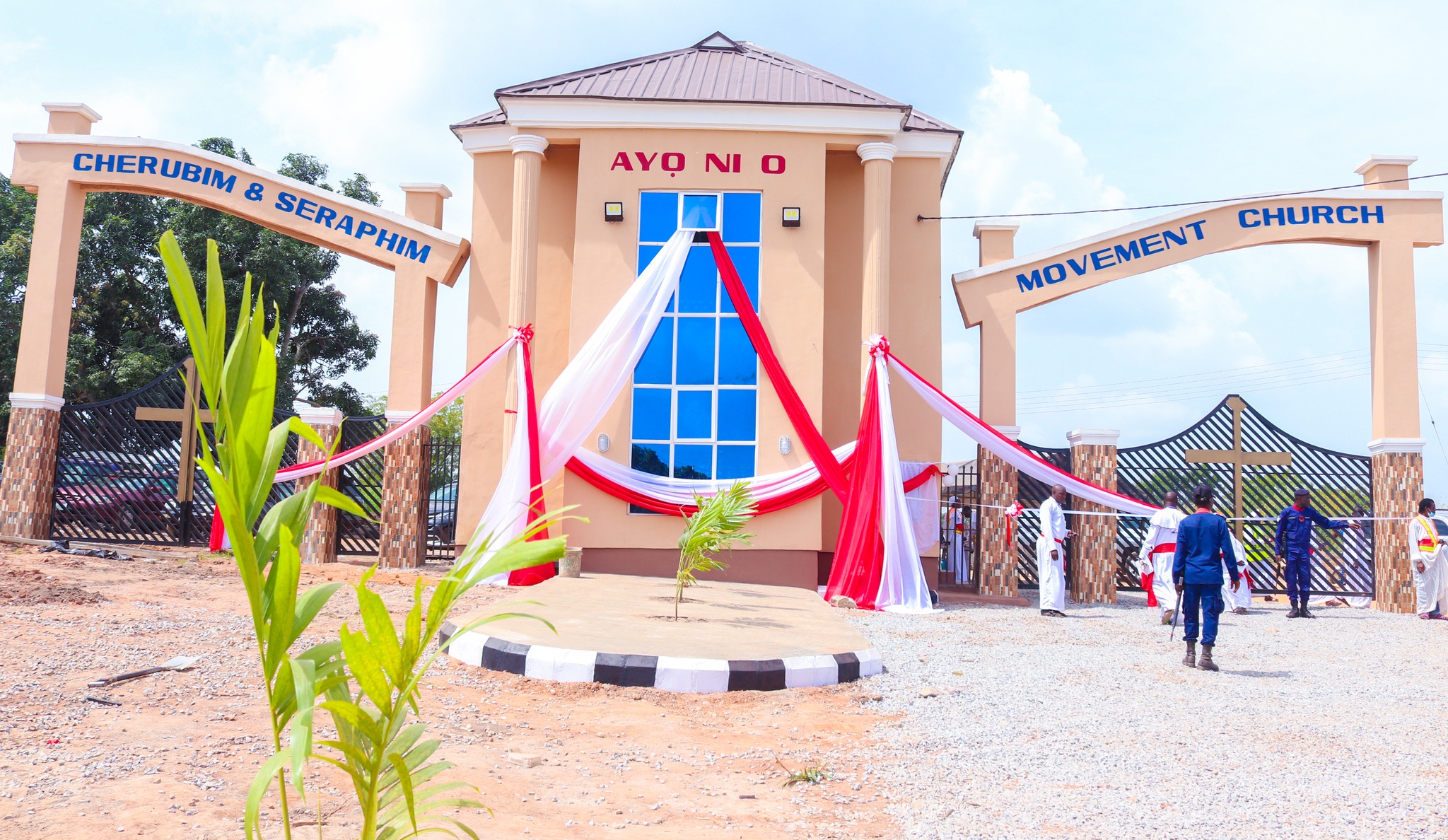
By Adedapo Adesanya
The Cherubim and Seraphim Movement Church Worldwide, Ayo Ni O, has confirmed the release and safe return of 151 of its members abducted from Iburu community in Kajuru Local Government Area of Kaduna State.
The abduction, which affected about 177 people, occurred on January 18, 2026. It was initially denied by the Nigeria Police Force and other government agencies, but was later confirmed.
In a statement issued by the Conference Secretary General of the church, Mr Anthony Olusesan Samaiye, it was disclosed that the release of the abducted persons was confirmed through reports from its liaison officers in Kaduna.
According to the statement, Mr Emmanuel Abiodun Adewale Alogbo (JP), described the release as a victory for faith, prayer and dialogue, noting that the breakthrough followed an emergency visit to Kaduna by its leadership and a series of high-level engagements aimed at securing the freedom of the abducted worshippers.
The Cherubim and Seraphim Church expressed gratitude to the Kaduna State government, particularly Governor Uba Sani, for what it described as his commitment to dialogue and the coordination of state resources that contributed to the successful outcome.
Special appreciation was also extended to the Governor’s Chief of Staff, Mr Sani Liman Kila, and the Senior Special Assistant on Religious Affairs (Christian Matters), Mr Ishaya Jangado, for facilitating engagement between the church and the state government.
The church noted that the incident demonstrated the importance of cooperation between religious leaders and government authorities in addressing security challenges and protecting citizens.
It also acknowledged prayers and support from the Christian Association of Nigeria (CAN), the Organisation of African Instituted Churches (OAIC), the international community and Christians worldwide.
While celebrating the release, the church said it was mindful of the trauma experienced by the victims and disclosed that its welfare and medical teams had been mobilised to provide psychosocial support and care to the affected members and their families.
The church called for sustained peace in Kaduna State and across Nigeria, urging authorities to continue efforts to ensure the safety of all citizens, regardless of religious affiliation.
General
2027 Elections: I Won’t be Vice Presidential Candidate—Peter Obi Insists
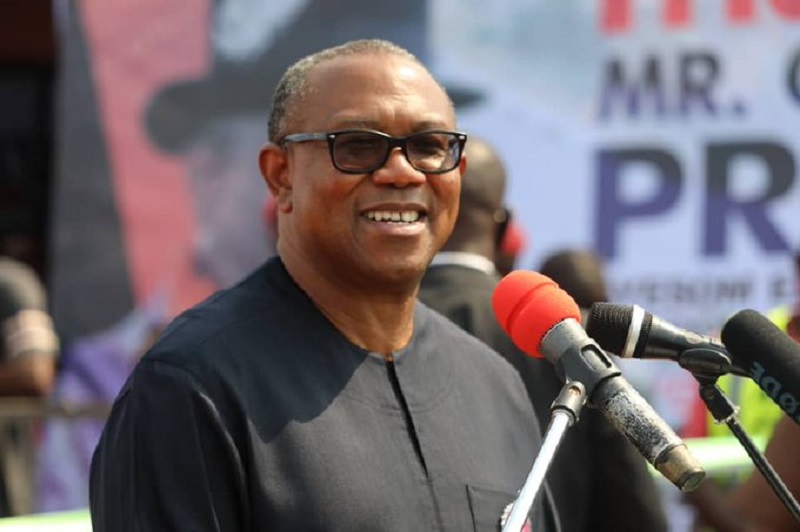
By Adedapo Adesanya
As activities for the 2027 general elections begin to take shape, the former presidential candidate of the Labour Party in the 2023 presidential poll, Mr Peter Obi, has again ruled out the possibility of contesting as a vice presidential candidate next year, saying he is contesting to be on the ballot.
Speaking ahead of the Abuja Municipal Area Council (AMAC) election in the Federal Capital Territory, he said, “You see this coming election, support us in AMAC; it will help me. Your support in AMAC is critical to our journey. I am involved and contesting the coming election as number one. When I come back, you will see. I assure you.”
Mr Obi vied for the 2023 presidency on the LP platform, emerging third overall behind Mr Atiku Abubakar and President Bola Tinubu.
In December 2025, he defected to the African Democratic Congress (ADC), where his teeming supporters popularly known as Obidients have urged him to only pursue the presidential ticket.
Mr Abubakar, who chose Mr Obi as his vice presidential candidate in the 2019 polls, is also a member of the ADC. The men finished in second and third places, respectively in the last presidential election, which President Tinubu won with 37 per cent of the votes.
Speaking at the campaign venue, Mr Obi emphasised to his supporters the importance of backing the ADC candidate in the AMAC election, noting that their support at the grassroots would go a long way in bolstering his national political journey.
The ADC coalition includes many former allies of Mr Tinubu, including Mr Nasir El Rufai, the former governor of Kaduna State; Mr David Mark, a former Senate President who is serving as the National Chairman of the party, and Mr Rauf Aregbesola, a former Osun Governor and currently the National Secretary of ADC.
The party will be hoping to emulate the success of the ruling All Progressives Congress (APC), which was formed by an alliance of opposition politicians (including Mr Abubakar) in 2013 and caused the ouster of former President Goodluck Jonathan, the first-ever defeat of an incumbent Nigerian president in 2015.
-

 Feature/OPED6 years ago
Feature/OPED6 years agoDavos was Different this year
-
Travel/Tourism9 years ago
Lagos Seals Western Lodge Hotel In Ikorodu
-

 Showbiz3 years ago
Showbiz3 years agoEstranged Lover Releases Videos of Empress Njamah Bathing
-

 Banking8 years ago
Banking8 years agoSort Codes of GTBank Branches in Nigeria
-

 Economy3 years ago
Economy3 years agoSubsidy Removal: CNG at N130 Per Litre Cheaper Than Petrol—IPMAN
-

 Banking3 years ago
Banking3 years agoSort Codes of UBA Branches in Nigeria
-

 Banking3 years ago
Banking3 years agoFirst Bank Announces Planned Downtime
-

 Sports3 years ago
Sports3 years agoHighest Paid Nigerian Footballer – How Much Do Nigerian Footballers Earn



